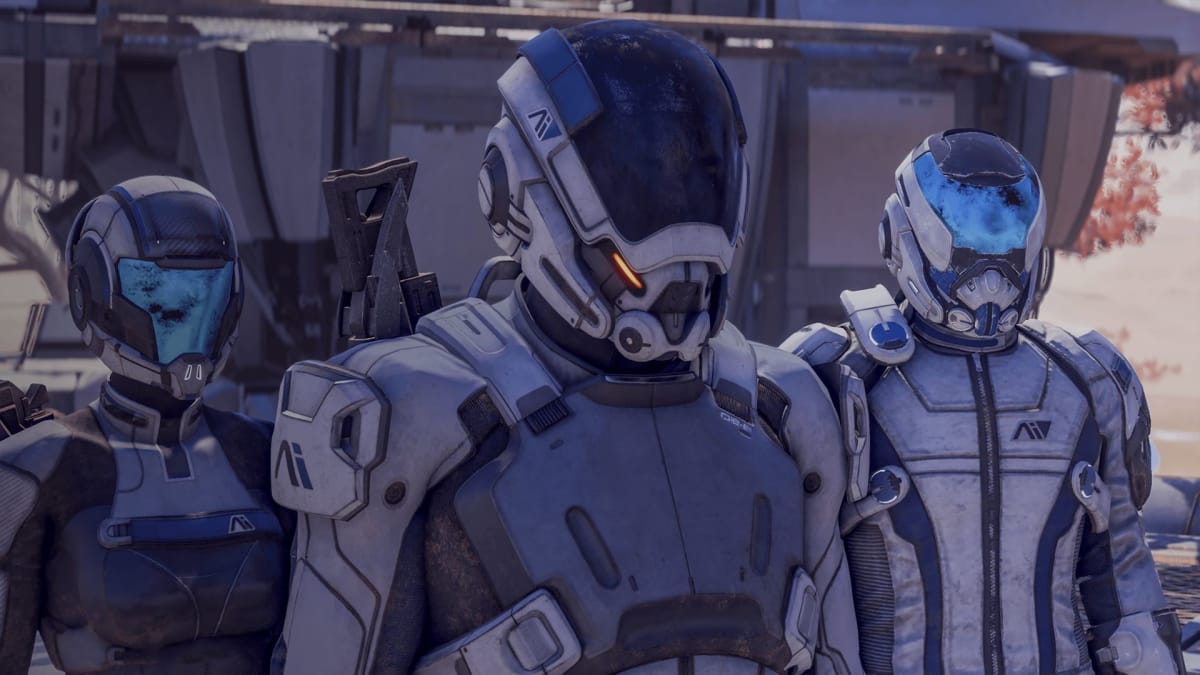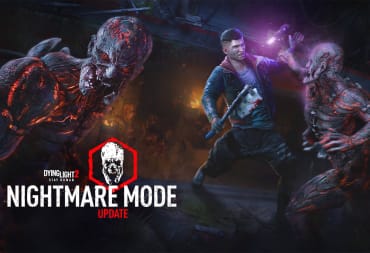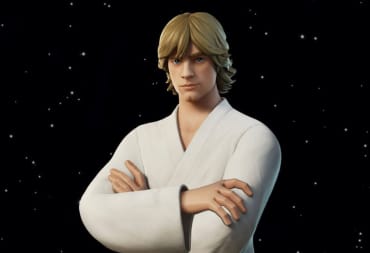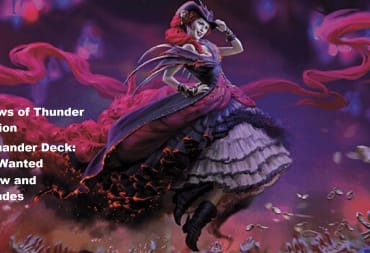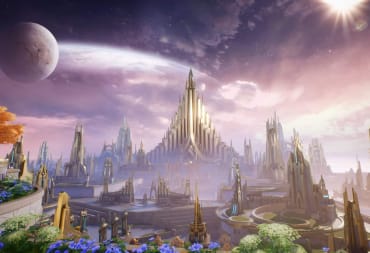This year's N7 Day came and went, as it does every year. Once again, fans of the beloved Mass Effect series continued their tradition of remembering the iconic characters and thrilling moments of the series—and collectively standing outside the offices of Electronic Arts like orphans in a Dickens novel hoping for anything resembling news about the series' future.
And in 2020 of all years, we got some. In addition to a complete remaster of the original trilogy on consoles and PC, BioWare's very own Casey Hudson confirmed that a brand-new Mass Effect game was officially in development. The very confirmation ignites the imagination of what can be done with the series: bigger and larger worlds to explore, more bombastic combat, and a riveting larger-than-life story that spans the deepest stars. Except that very attitude gets away from what has made BioWare's beloved series endure so much.
For all of the thousand cuts that led to Andromeda's massive critical disappointment, the biggest ones came from BioWare stepping too far from what made them household names: characters and character dynamics. This has always been a feather in the studio's cap, and that's what they need to remind their audience with this new Mass Effect title. They more than proved this with their work on the Baldur's Gate series, any good Dungeons and Dragons story thrives on compelling group chemistry after all. That creative spark continued with the mainstream success of Star Wars: Knights of the Old Republic, an RPG that didn't lean on established characters like Luke Skywalker but told original stories with bold character-driven stories like the duty-bound Bastilla or the redemption or (or retribution of) Revan.
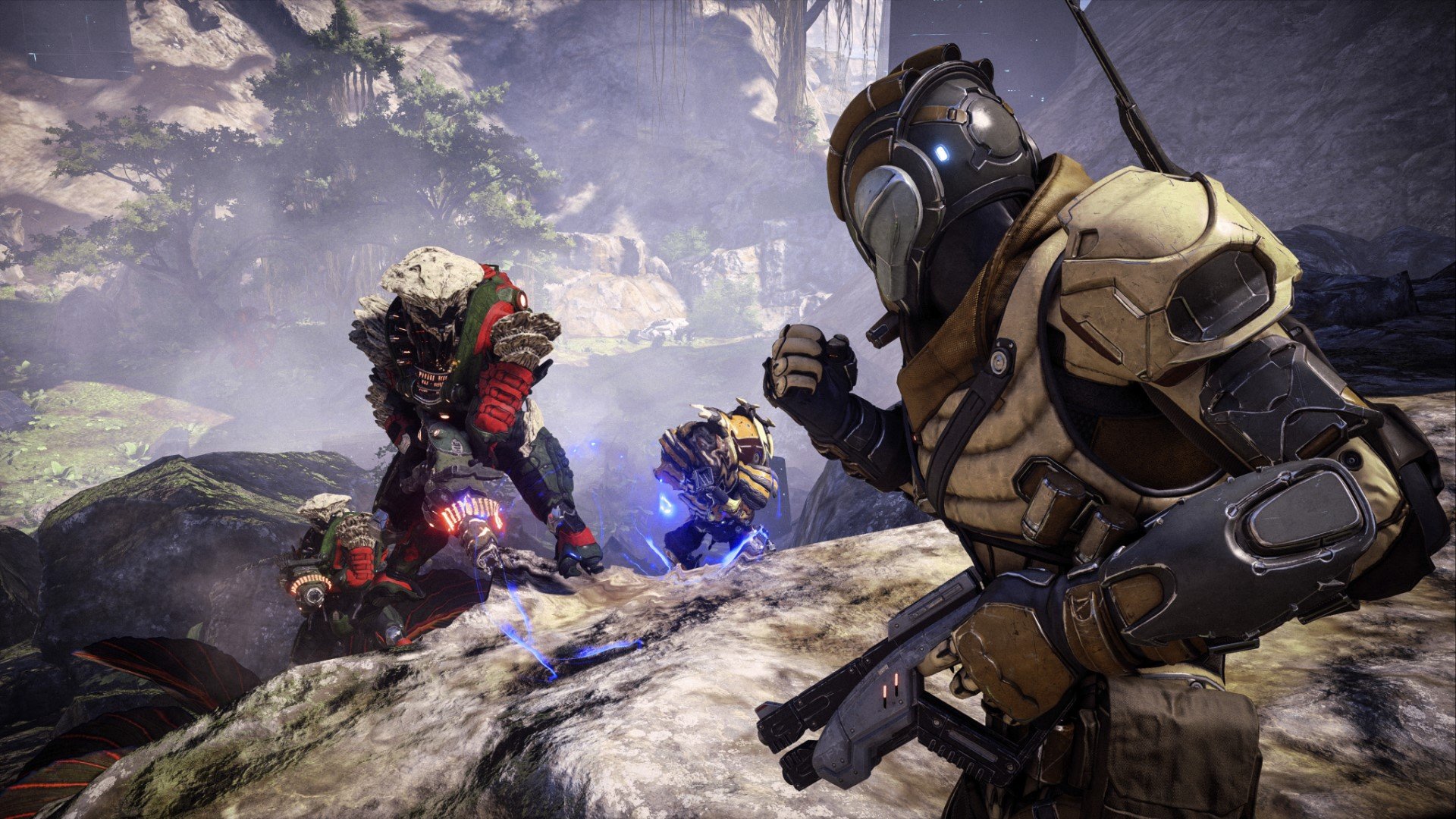
By comparison, the modern BioWare keeps putting the cart before the horse. With Mass Effect: Andromeda, their entire plot is predicated on a fresh start; it literally goes to a different galaxy in hopes of colonizing it, but has absolutely no hook to hang its hat on. It throws a bunch of narrative hooks at the player such as the agenda of the Kett and the mysteries of Remnant technology, but completely forgets anything resembling emotional foundation.
An entire subplot about main character Ryder's father messing with forbidden AI technology, something that could have very easily been a compelling emotional story beat, was locked behind a tedious collectible doodad side quest. Even worse, the very fate of entire alien races' troubles traveling to the Andromeda galaxy—the Quarians alone had plenty of material for compelling storylines—were cut from the main story to be sold as DLC. That DLC never happened because the game underperformed, leaving the fates of such an important race on the cutting room floor to make more room for boring open-world exploration and repetitive gunfights. The less said about Anthem, Bioware's very antithesis in video-game form, the better.
The solution is simple: a return to basics. Even better, it's a solution BioWare itself discovered with another one of the greatest RPGs of all time: Mass Effect 2. Speaking only for myself, the very first Mass Effect was doing a lot of world-building heavy lifting: the use of mass effect fields for space travel, the intergalactic politics of the Citadel's Council of Core Races, humanity's place among them, and so on. I found myself tolerating the unrefined gameplay and nodding along to the generic plot about a rogue space cop getting his hands on a weapon of mass destruction.
But the sequel was where BioWare leaned into the inherently compelling elements of the Normandy crew and made the entire main plot about assembling a team for a suicide mission. In essence, the entire game was a collection of smaller stories about characters learning to deal with emotional baggage, put to rest old desires, and learn to work together in a greater team, all with the player helping to quell (or enable) their inner angels and demons.
As a result, the second installment in the trilogy is still held in high regard to this day for good reason. Considering the place the series is now with Andromeda, it's the perfect time to bring this approach back. It can be a chance to bring some humanity and character back to this new cast of characters and help emphasize this new game has its own identity with its own themes to explore. Better still, make these stories central to the plot, don't squirrel them away behind busywork. If I have to hunt through a boring, repetitive side quest to figure out a character's motivation, something has gone wrong.
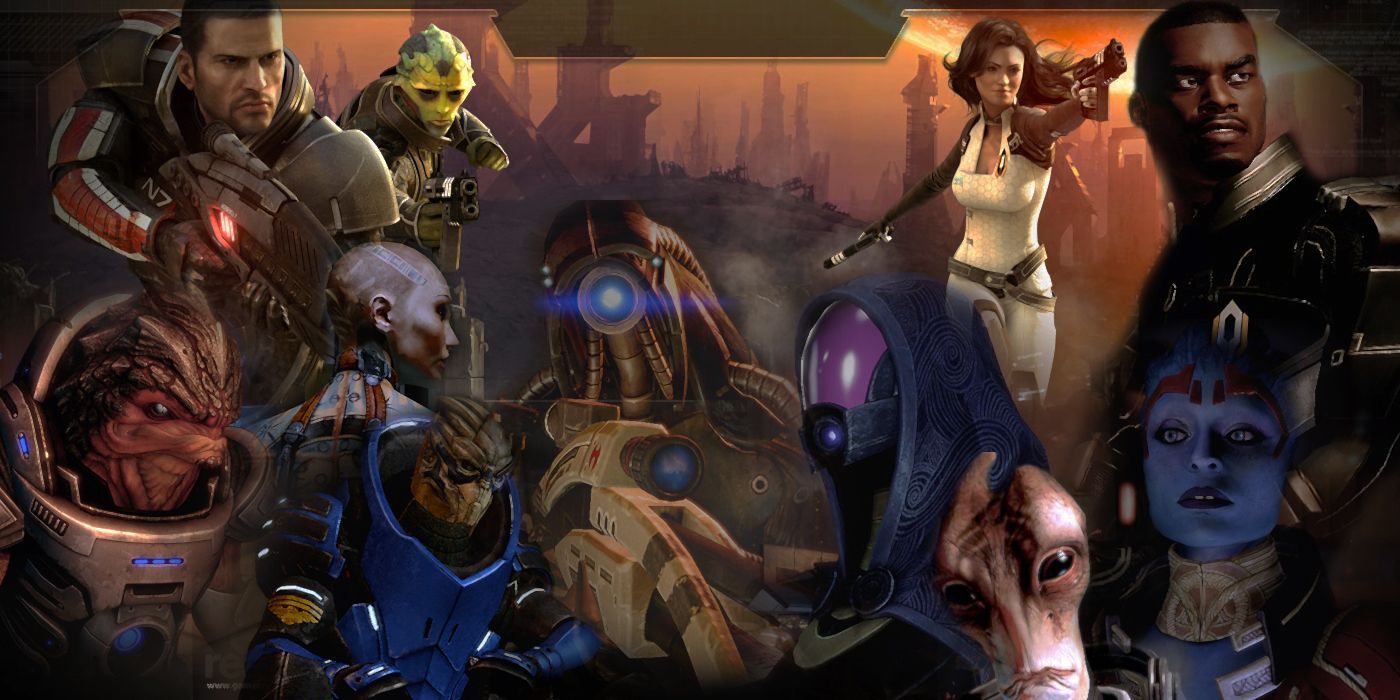
Despite being treated as a soft reboot of the series, Mass Effect: Andromeda makes a lot of the same mistakes as Commander Shepard's maiden voyage but with absolutely no hindsight. Rather than understand that fans grew to love the series because of its stories and characters, they went back to gameplay ideas that were abandoned during the original's development, expanding their scope but forgetting the substance. It lead to an experience that numbed you with busywork rather than engaged you with intrigue and drama.
Case in point, there were maybe two crew members I liked, and I wanted to know more about them in spite of all the boring and repetitive colony missions and forgettable gunfights. Even when the game threw massive revelations about the nature of the Kett and the agenda of the game's big bad (I actually had to Google his name, he was called The Archon) and a giant robotic snake at me, all of it was so much sizzle with no steak.
So at the risk of paraphrasing George Lucas, BioWare should echo the structure of Commander Shepard's second adventure. Boil down the plot to something simple and straightforward. It doesn't have to be about saving the galaxy or solving any big mystery or something, it just has to be a daunting task that requires a specialized team. From there, put Ryder and their crew into situation after situation where key members of the crew have some personal stake in the conflict. It can be anything from unresolved daddy issues, drama about past sins, or even something as complex as existential dread. After that, just have the entire story build towards that conflict with choices and consequences having an impact on that final push.
Forget about explorable planets or battle passes or jetpacks or chasing trends. No one comes to a Mass Effect game wanting an Ubisoft-style sandbox game; trust me that studio will have them covered. Players don't come to a BioWare game to drown in repetitive busywork set to a backdrop of quasi-mystical hogwash and flimsy narrative pretense. No, a Mass Effect game is made by beloved characters with texture, heart, and likeability going through the worst the universe has to offer and discovering their best in the process. It's that kind of spark that has kept this series going strong in the hearts of fans since 2008, and it can do it all again if given the chance.
Have a tip, or want to point out something we missed? Leave a Comment or e-mail us at tips@techraptor.net
